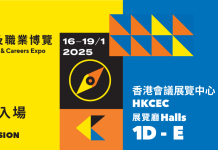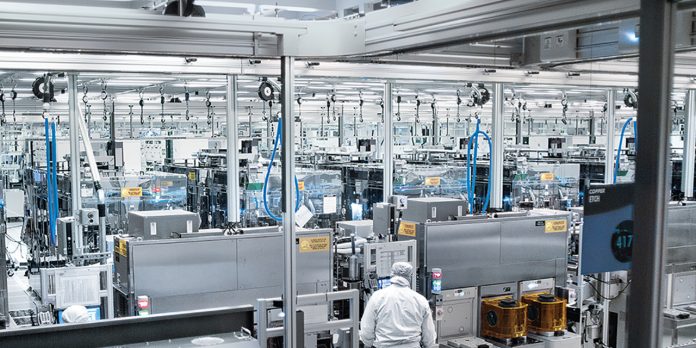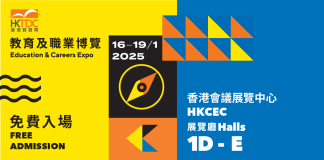We are in the era of electronics. Every year, there is a new iteration of some gadget and consumers can’t get enough. However, with technology advancing as fast as it is, the landscape of the electronics industry is constantly shifting.
In order to help workers in this industry to cope better with the changes, the Workforce Singapore (WSG) will be working with the Singapore Semiconductor Industry Association (SSIA) and other industry stakeholders to accelerate reskilling efforts that benefit workers and companies alike.
While there are some areas within the consumer electronics sector that has taken a hit, thanks to the fast obsolescence of technology today; there are more opportunities opening up in other areas. These new opportunities are being driven by the latest technological trends such as Internet of Things, artificial intelligence, and autonomous vehicles.
“As our economy restructures, it is a good time for companies to capitalise on this period of moderate growth to build up internal mobility and capabilities”, said Minister of Manpower, Josephine Teo. “Doing so will help to prepare yourself to harness new opportunities in the longer run, by training up and reskilling your workers and new mid-career hires today for tomorrow”.
For one, the training capacity for the current Professional Conversion Programmes for electronics engineers and electronics assistant engineers will be increased. Since the programmes were launched in 2016, 30 multinational corporations and SMEs have hired and retrained almost 900 local professionals, manager, executives, and technicians (PMETs).
At the moment, another 1,000 more PMETs are expected to benefit over the next three and a half year, with new and enhanced job roles in areas such as production, facilities management, R&D, automation and integration, and technical support.
WSG and SSIA have also rolled out a pilot Place-and-Train Programme for electronics operators. This three-month programme aims to prepare mid-career operators and existing rank-and-file workers with the skills to take on new or enhanced roles in the may different areas of the electronics and semiconductor industries.
The pilot is set to benefit around 50 rank-and-file jobseekers at the beginning, but could potentially be scaled up if there is a stronger demand, said Mrs Teo. WSG chief executive Tan Choon Shian said the agency is committed to building a resilient workforce, equipped with the skills and capabilities to support the everchanging and demanding needs of the electronics sector.
“We also encourage employers to cast their sights further upstream and be ready to harness the opportunities when the eventual upturn arrives”, added Tan.
DenseLight Semiconductors is one of the firms which sent their employees for retraining under the Professional Conversion Programme (PCP). It’s president and chief executive, Mr Rajan Rajgopal, said employers can benefit from the experience of mid-career PMETs who want continue developing their skills.
“That’s where the PCP comes in, it is meant for people who already have experience, but perhaps just in a different field. With the retraining, it could help them channel their experience and willingness to learn into the industry, and become a productive contributor to the company”, he said.






















